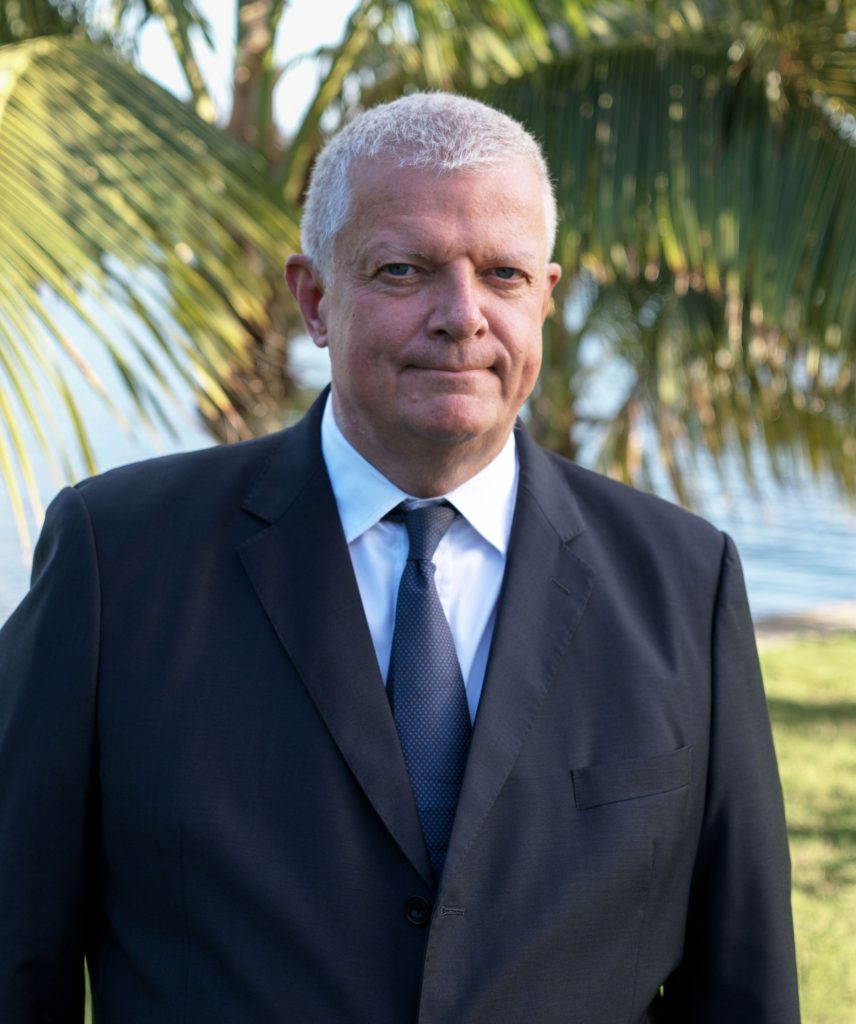In FamilyMart Holding v Ting Chuan [2023] UKPC 33 delivered simultaneously with the decision in Republic of Mozambique v Credit Suisse International [2023] UKHL, Lord Hodge delivered two important judgments on how to define and identify the “matters” which give rise to stay of legal proceedings in favour of arbitration (in England under Section 9 Arbitration Act 1996) and certain other related issues. In doing so, these Courts have dropped the overly “granular” approach adopted by English Courts recently and opted for a more nuanced and analytical approach favoured by the Australian courts. The legal analysis in the two decisions is more or less identical.
Section 9 of the UK Arbitration Act requires the Court to stay “any matter which is to be referred to arbitration”. Stage 1 of the inquiry requires a Court to identify “the matter” (stage 2 is to determine whether that matter was covered by the arbitration agreement). In recent years, this has been defined to allow issues to be very “granular”, most notably by Popplewell J in Sodzawiczny v Ruhan [2018] EWHC 1908 where he said that “the court should treat as a ‘matter’ in respect of which the proceedings are brought any issue which is capable of constituting a dispute or difference which may fall within the scope of an arbitration agreement. ([43] emphasis added)”. This definition had been adopted by many others and was cited with approval and seemingly applied by the Court of Appeal in Mozambique (see [2021] EWCA Civ. 329 [63]). It is now clear that this statement is incorrect.
Borrowing from Australia decisions from the High Court (see Tanning Research Laboratories Inc v O’Brien (1990) and Rinehart v Hancock Prospecting Pty Ltd (2019) 267 CLR 514) and from Foster J in WDR Delaware Corpn v Hydrox Holdings Pty Ltd [2016] FCA 1164169 CLR 332 the Privy Council and Supreme Court emphasised that at the first stage “a matter” was more than a mere “issue”. The Court must look at the substance of the dispute by reference to the pleadings without being overly respectful. The guidance based on international jurisprudence is that (1) a “matter” is a reasonably “substantial issue”, (2) the issue must be “legally relevant to a claim or a defence, or foreseeable defence” and an essential element of the outcome of the action, (3) the issue must be susceptible to be determined by an arbitrator as a discrete dispute, (4) a stay cannot extend to an issue that is peripheral or tangential to the subject matter of the legal proceedings, (5) a “matter” is something more than a mere issue or question that might fall for decision in the court proceedings or in the arbitral proceedings. This inquiry requires careful evaluation and common sense (see FamilyMart [63]-[65], Mozambique [72]-[77]).
Neither case deals at any length with the issue of construction at Stage 2, although Lord Hodge explained (see Mozambique [80]-[82]) that the context in which the matter is addressed, may show that it is not one which the parties have agreed to be referred to arbitration agreement. Applying these principles at Stage 2 in the context of Mozambique meant that the validity or commerciality of the supply contracts which would have been covered by the arbitration agreement were not “matters” which arose by way of claim or defence in connection with the claims for bribery, dishonest assistance and conspiracy at issue in the legal proceedings. In other words, on their true construction the arbitration agreements did not cover the matters in dispute. The fact that the funds flowing from the price payable under those supply contracts were the alleged bribes showed that the issues were connected but not that the agreements covered the dispute. Similarly, the Supreme Court also held that “the matter” raised by way of partial defence to quantum was not covered.
Another point of interest was that FamilyMart confirms that, in certain circumstances, a Court may dismiss the application as an abuse of process. Ordinarily, if the applicant for a stay satisfies the Court at Stages 1 and 2 the Court has no discretion. Lod Hodge nevertheless warned that in dealing with applications for a stay Court should be “careful to prevent an abuse of process.” (see FamilyMart [64]). There may be an abuse if the party seeking the say has no desire to progress an arbitration or the real purpose is delay. Thus, although the procedural complexity that may result from a stay is not a valid objection to the enforcement of an arbitration agreement, procedural complexity is not irrelevant in the context of abuse of process. Fragmentation may demonstrate that the application for a stay is part of a strategy of delay.
Lord Hodge also appeared to suggest that an arbitral tribunal does not necessarily take automatic precedence when fragmentation of arbitrable and non-arbitrable disputes occurs. Although Lord Hodge accepted that case management represents one solution to fragmentation, he described “effective case management” as being required by both the Court and the arbitral tribunal (see FamilyMart [66]). In appropriate circumstances the arbitration may itself be paused. This might occur if certain important matters falling outside the arbitration agreement are ready to be addressed by the Court. The previous assumed default position had been that the case management stay was always to be granted by the Court rather than the arbitral tribunal. FamilyMart suggests that should not automatically be the case.
Finally, in FamilyMart the Privy Council reviewed an aspect of non-arbitrability. It concluded that the complaints on which the just and equitable petition were based could be arbitrated but they disagreed with Patten LJ’s suggestion in Fulham Football Club that the arbitral tribunal could deal with the menu of other facts that were relevant to whether it was “just and equitable” to wind up a company or form a judgment as to what alternative remedy should be granted as these findings had to be made in exercising the Court’s statutory jurisdiction, an example of what the Privy Council described as “remedial non-arbitrability”.
Thomas Lowe KC represented the petitioner in the FamilyMart Privy Council case along with Hilary Stonefrost, Gemma Lardner and Corey Byrne, instructed by Sharpe Pritchard LLP and Ogier (Cayman) LLP.




